For the second time in less than a dozen years, entrepreneur Henrik Fisker’s effort at launching an automotive start-up has plunged into bankruptcy. Start-up Fisker Inc. filed for Chapter 11 protection late Monday. While the one-time auto designer said the filing leaves a “viable path forward,” the options for saving the company appear increasingly sparse.
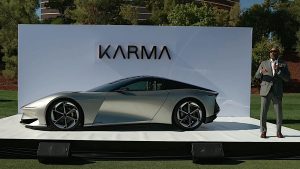
The assets from Henrik Fisker’s first company, Fisker Automotive, resurfaced as Chinese-owned EV-maker Karma.
After months of speculation, EV start-up Fisker filed for Chapter 11 bankruptcy protection on Monday. Efforts to find a partner or raise additional funding have so far failed to materialize, raising concerns that the company will follow in the path of Fisker Automotive.
That green car company, also founded by Danish auto designer-cum-entrepreneur, filed for bankruptcy protection back in 2013, its assets subsequently sold to China’s Wanxiang Group.
Henrik Fisker said in a statement that he believes his latest venture can be salvaged, though it faces plenty of challenges.
A path forward?
“Like other companies in the electric vehicle industry, we have faced various market and macroeconomic headwinds that have impacted our ability to operate efficiently,” Fisker said in a statement. “After evaluating all options for our business, we determined that proceeding with a sale of our assets under Chapter 11 is the most viable path forward for the company.”
The prospect of bankruptcy had been expected for months, all but assured after Fisker Inc hired a reorganization specialist.
Even before that, however, there seemed few options. The final nail appeared to be hammered into place in March when Fisker was forced to suspended production of its only product line, the all-electric Ocean SUV. It was being assembled at the Magna Steyr assembly plant in Graz, Austria. For its part, the subsidiary of Magna International said last month it was forced to cut 500 jobs due to the halt in Fisker production and will see a $400 million dip in anticipated revenues for the year.
“Inexcusable”
In its statement announcing the bankruptcy filing, the company tried to put a positive spin on the situation. “Fisker has made incredible progress since our founding, bringing the Ocean SUV to market twice as fast as expected in the auto industry and making good on our promises to deliver the most sustainable vehicle in the world.”
But Fisker’s downfall surprised few, if anyone who had watched the company since its 2016 founding. The collapse of Fisker Inc. mirrors, in many ways, the downfall of Fisker Automotive a decade before it. Both companies started out with big aspirations, the latest aiming to become a serious contender to EV giant Tesla. But it burned through cash far faster than anticipated, even as the launch of the Ocean was repeatedly delayed.
When it did make it to market it ran into a serious of glitches. Making matters worse, the electric SUV was widely panned by automotive reviewers. Influential Consumer Reports described the vehicle as “inexcusable.”
“So far, our experience with the Ocean is like ordering pizza at a new, buzzy restaurant, only to get a pie with undercooked dough and no sauce because the tomatoes are still growing. The tantalizing promise of the final product is right there in front of us, but it’s quite unappealing in its current state.”
More EV News
- Fisker Talks with Nissan Collapse; Bankruptcy Looms
- You Could Buy Henrik Fisker’s House for Less than his Car Company
- Consumer Reports Reviews Calls Fisker Ocean “Inexcusable.”
Searching for a solution
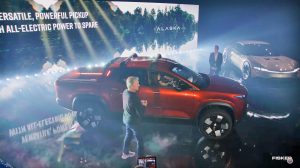
Fisker last year showed off an assortment of new products it wanted to build, including the all-electric Alaska pickup.
Fisker initially tried to use an online ordering process. When that failed to deliver, the company lined up six independent dealerships. Demand still lagged well short of expectations, leading Fisker to slash prices by $24,000. The top-trim Extreme model dropped to $37,499 before delivery fees, thousands less than a similarly sized Tesla Model Y.
At the same time, the company started looking for a white knight, signaling early this year that it was in talks with a “major” automaker. While neither side would comment, industry insiders indicated Fisker was talking with Nissan. Among other things, the Japanese automaker reportedly was ready to invest over $400 million in Fisker’s EV program and would also build several new battery-electric vehicles off Fisker’s platform, including the pickup the start-up has been developing.
But the talks faltered in March, giving more weight to the warning Henrik Fisker issued, saying there was “substantial doubt about Fisker’s ability to continue as a going concern.”
Whether Fisker Inc. will fare better in the Chapter 11 process than did Fisker Automotive is far from certain. The company does have big ambitions, even now, having shown off what it claimed would become an assortment of vehicles to follow the Ocean into production. But that would require raising significant new capital and very possibly result in management changes up to the top of the company.

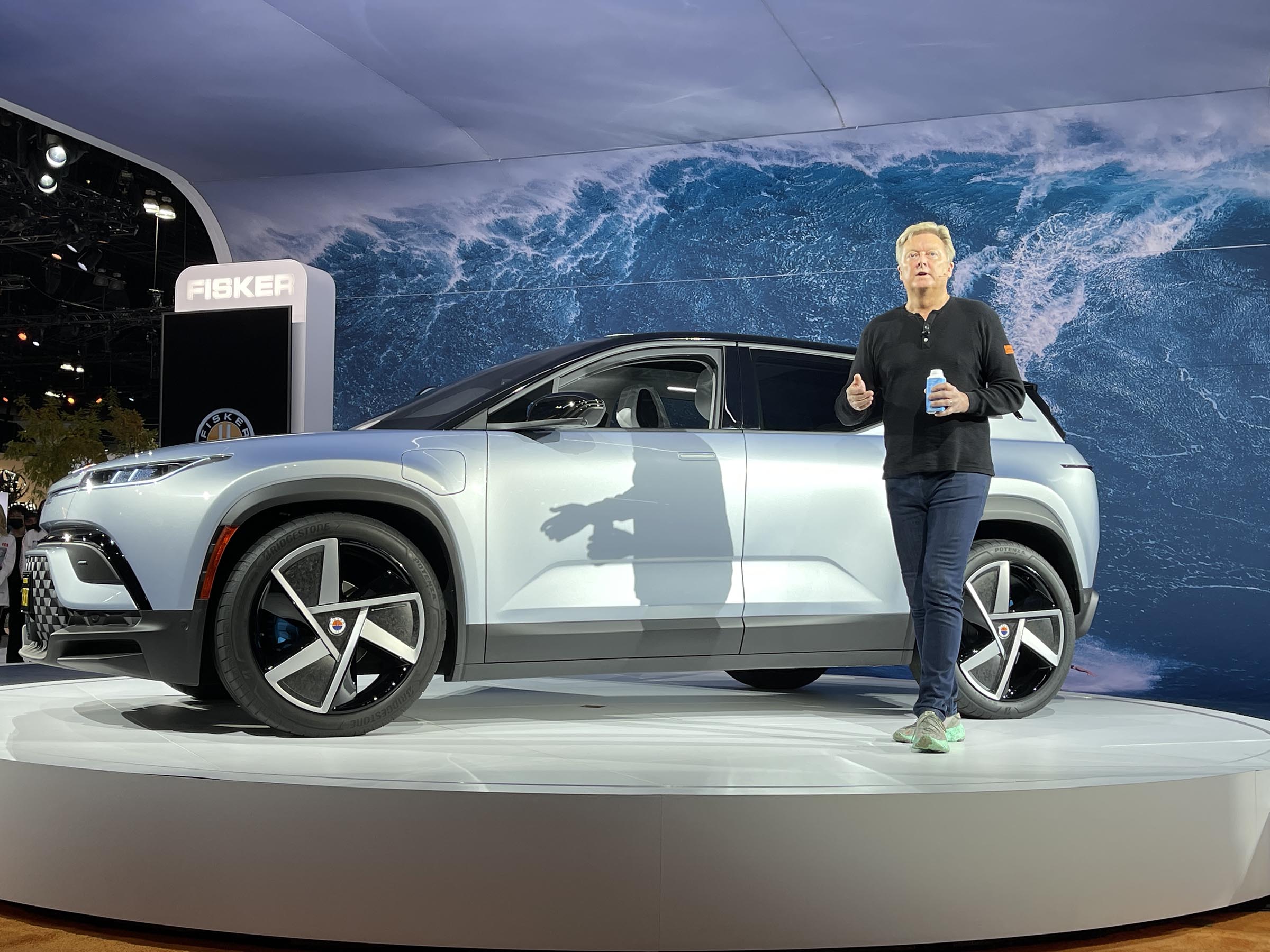

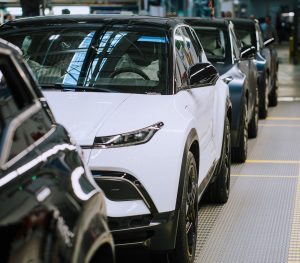
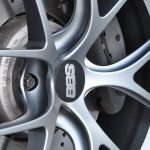
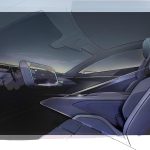
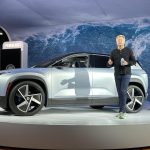
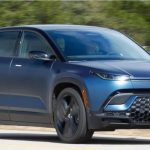


0 Comments